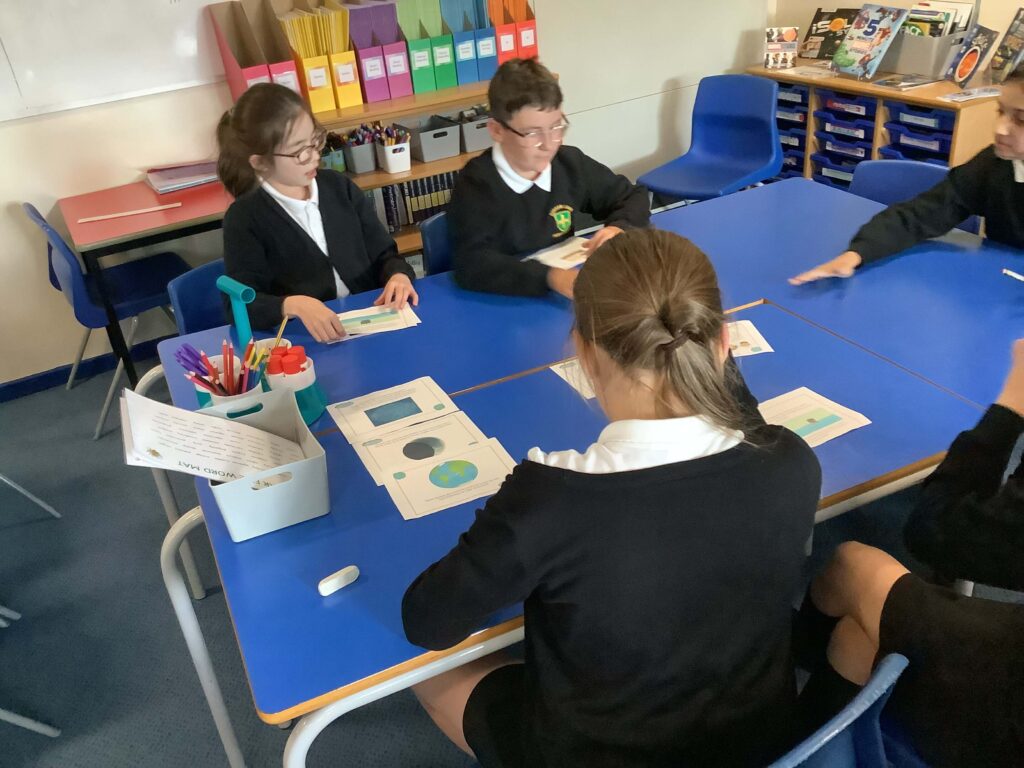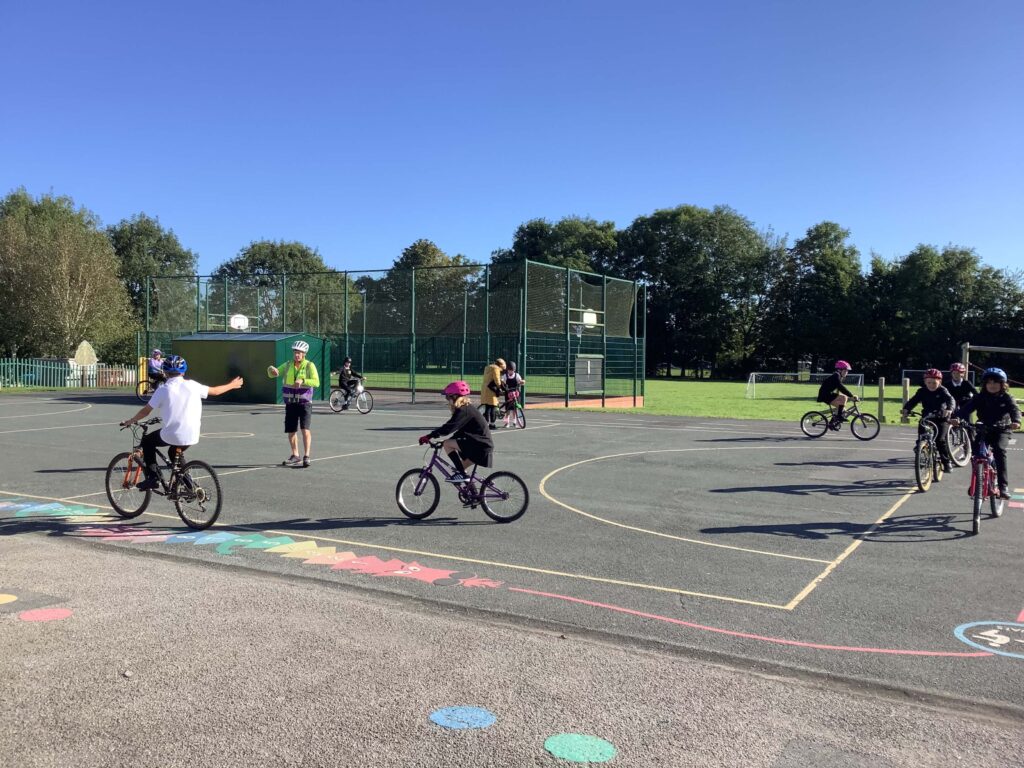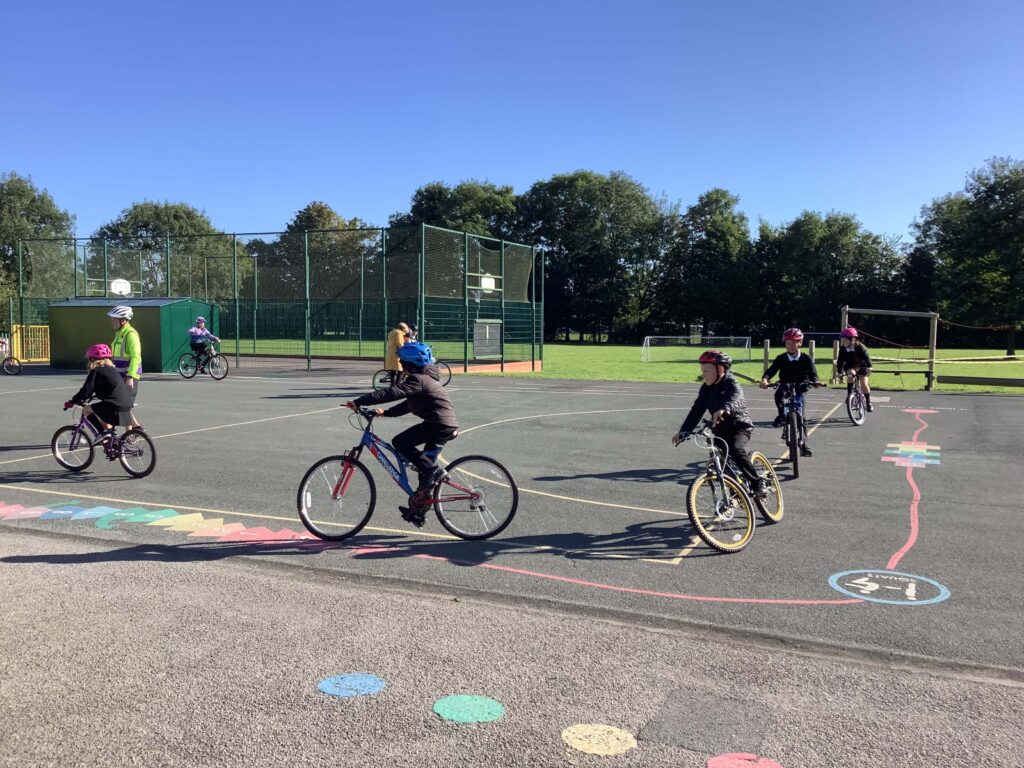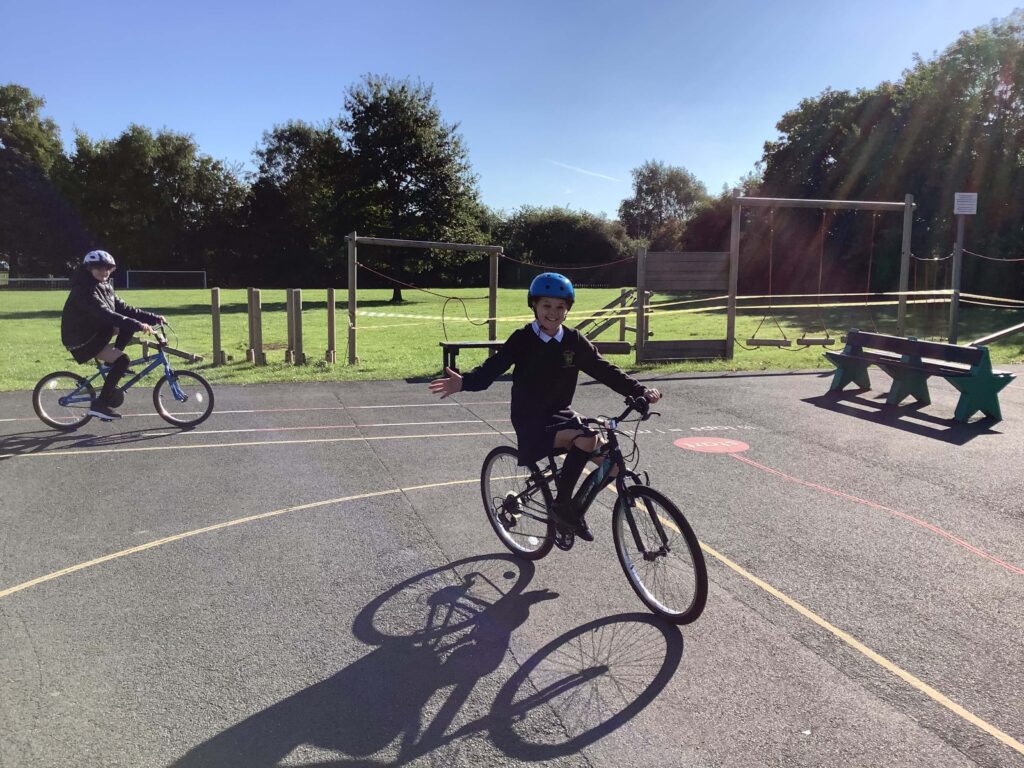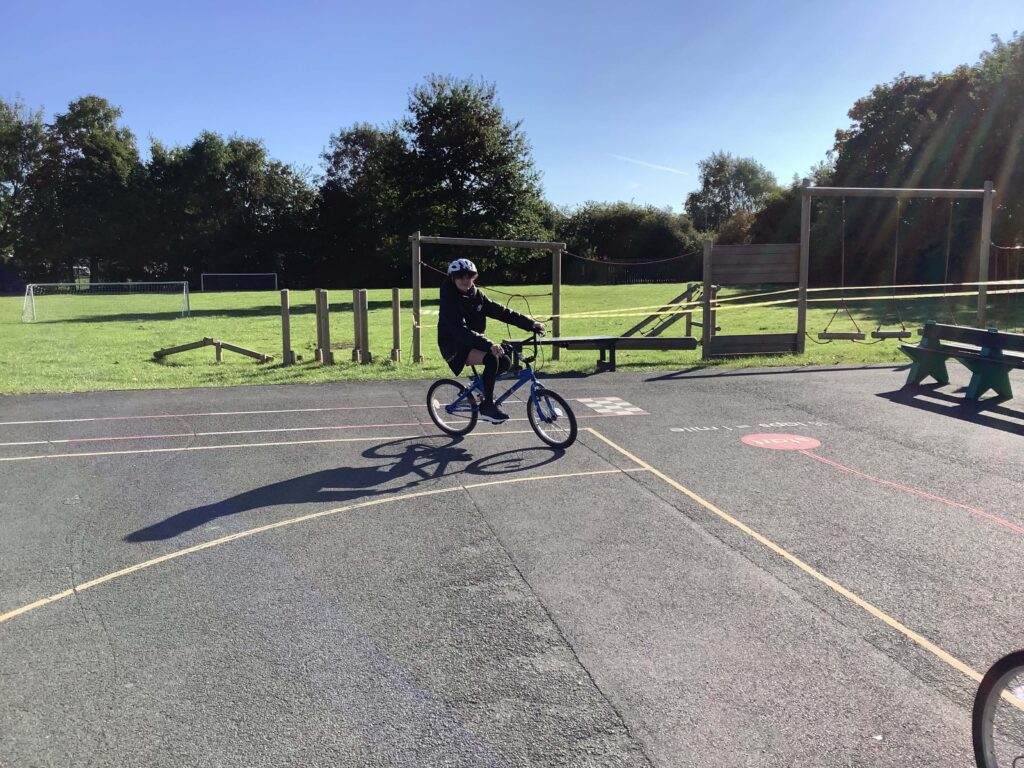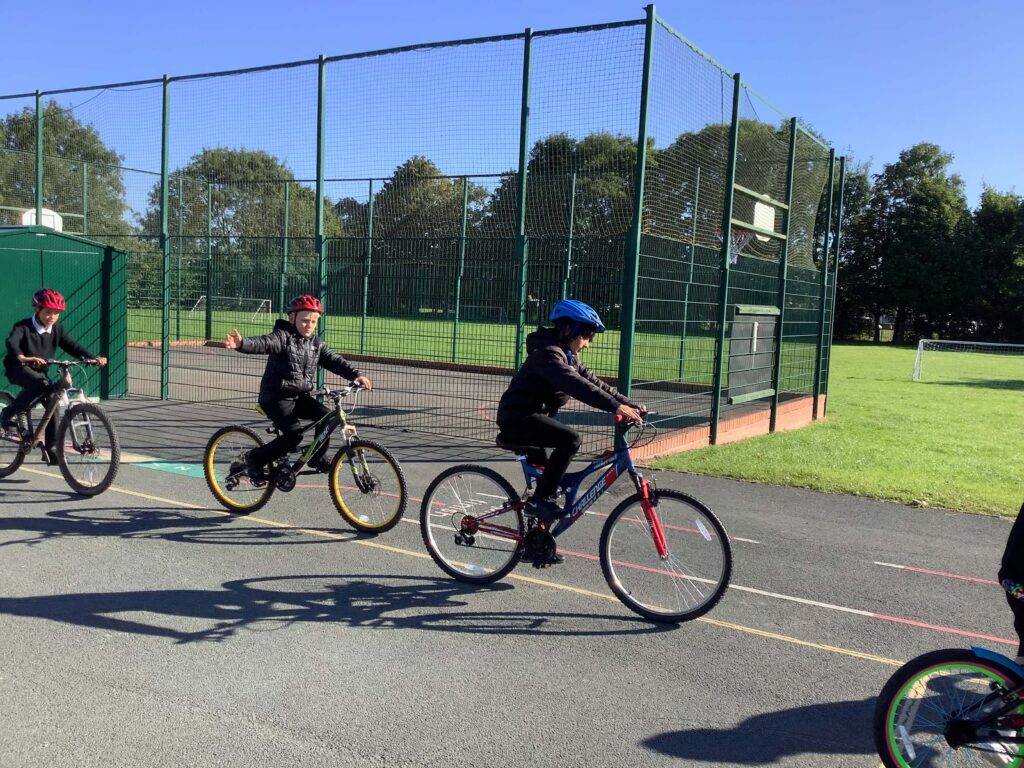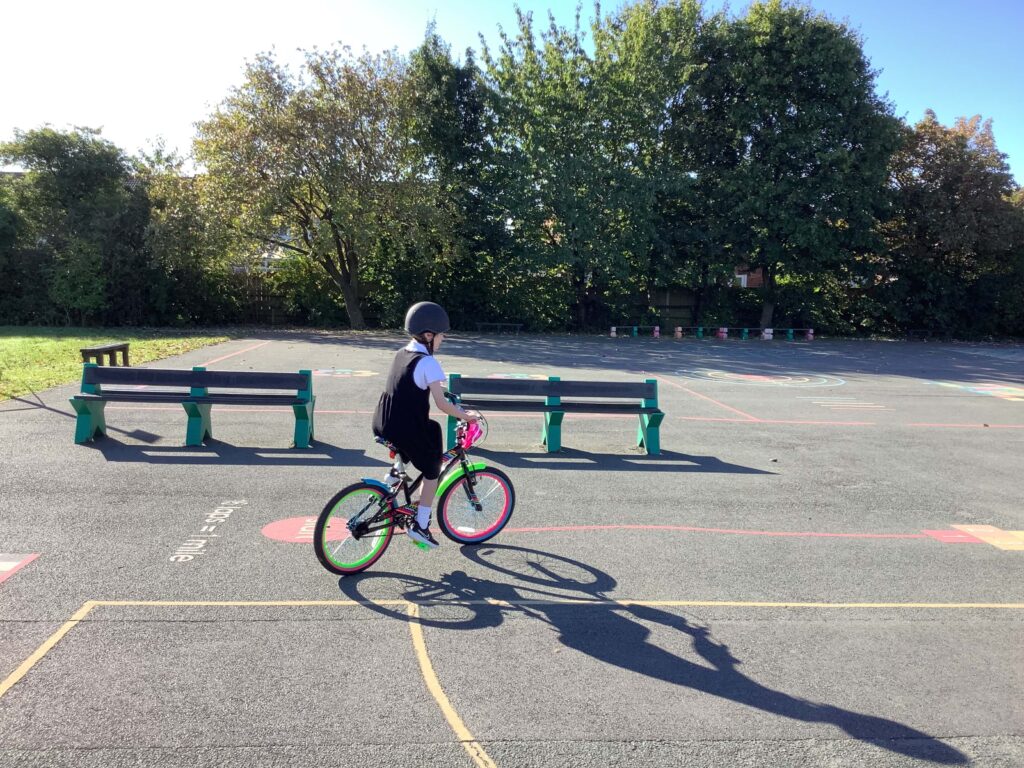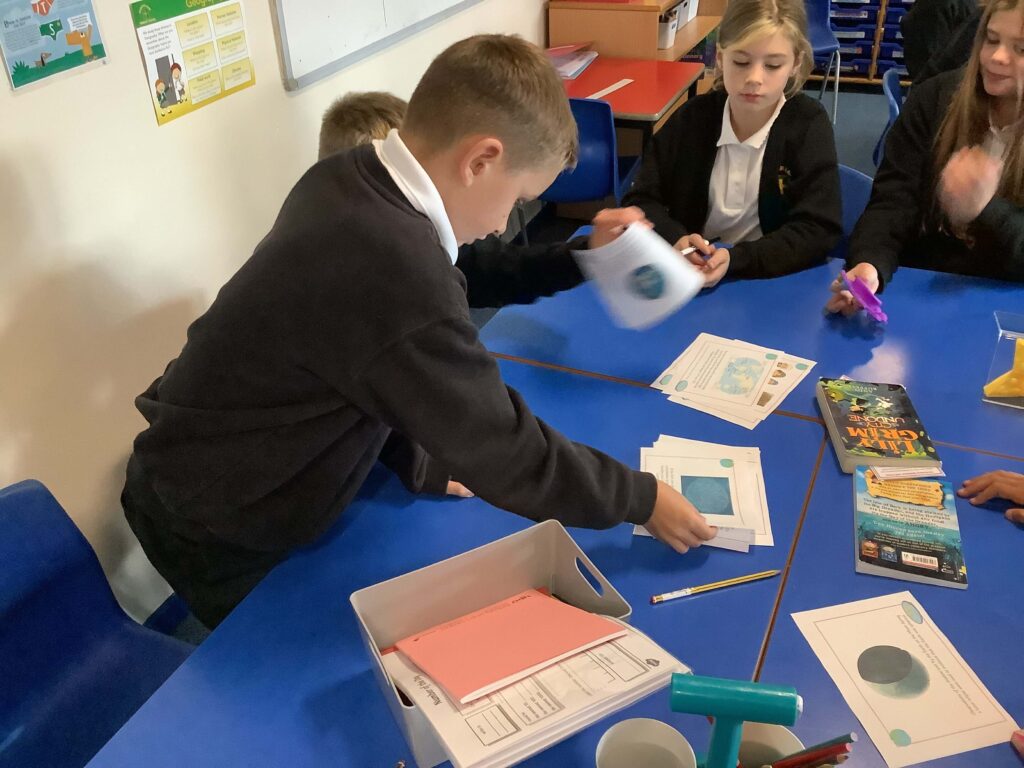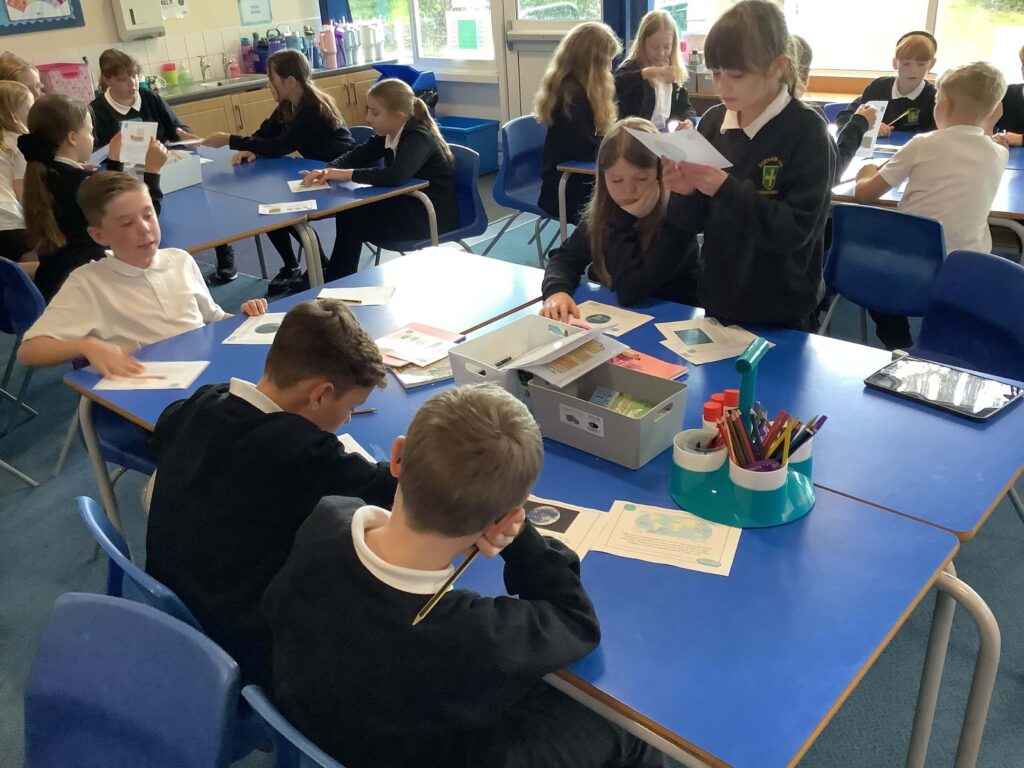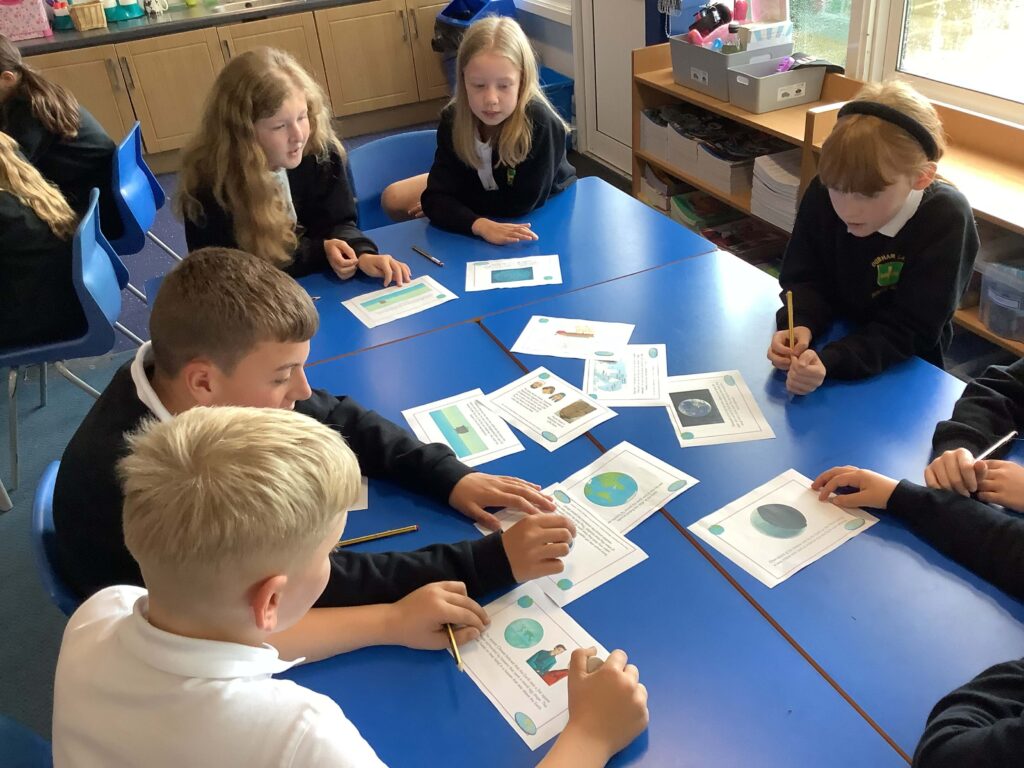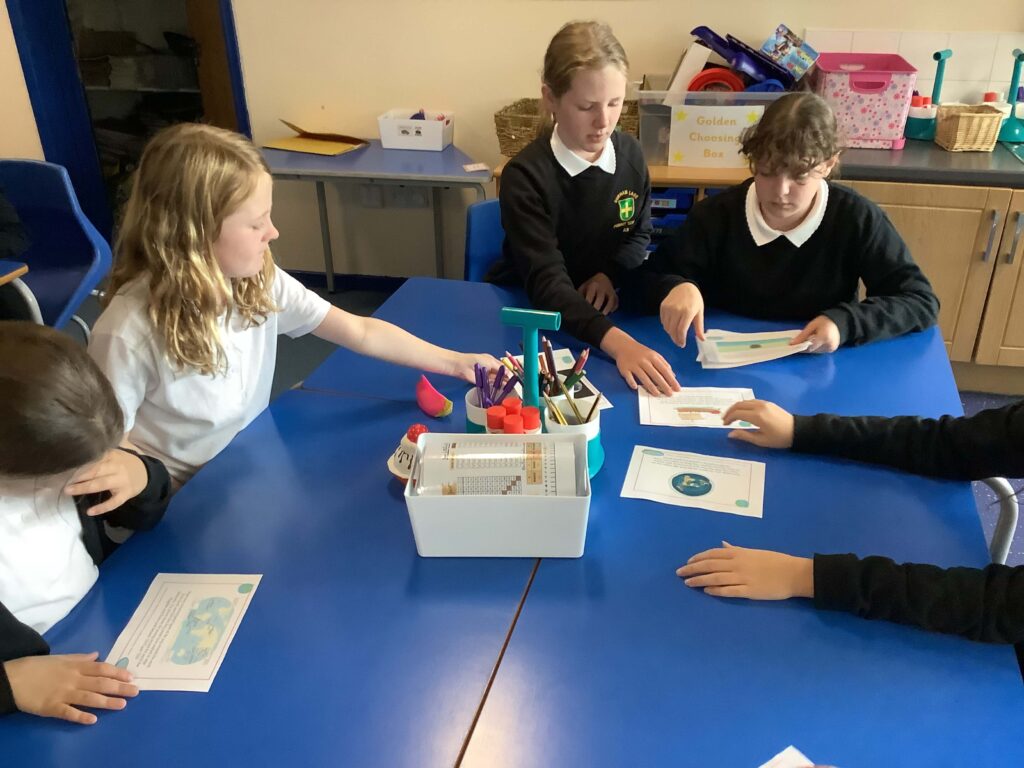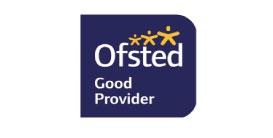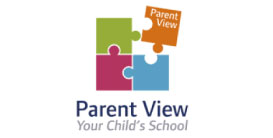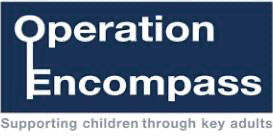Year 6
Welcome to Year 6
The teacher in Year 6 is Miss Drew, but she is also supported by Miss Barrett. Miss Harding works as a teaching assistant in class.
In order to help your child to ensure that they have the necessary equipment on the correct days, please use the information below. We have an open door policy at Durham Lane and are happy to speak to you briefly before or after school, if we are available. Should you require a longer appointment, please contact the office and this can be arranged for you.
Please find below a brief outline of the topics to be covered this year and our daily/weekly routines which are explained in the ‘ Welcome to Year 6 class booklet’. We follow a two-year rolling programme throughout school and we try to plan as much of our learning as possible around our current topics. This creates an immersive and exciting learning experience for your children. Here is an overview of the topics to be covered over the coming year in Class 6:
| Term | Topics Covered | Brief Outline |
| Autumn 1 and 2 | Superheroes/Earth and Space | This is a science- based topic where we will look at the sun, moon and planets of the solar system. We learn about Earth’s rotation and revolution and how these link to seasons, day/night, years and phases of the moon. We also learn that our understanding of Earth’s place in space has developed over past centuries. We then move on to learning about and investigating forces such as gravity, air resistance, water resistance and friction. Finally, we explore light, including how we see and how light travels. Our creativity is developed as we devise and write about our own superheroes and also explore Pop Art including the work of artists such as Andy Warhol and Roy Lichtenstein. |
| Spring 1 and 2 | Skara Brae | In this term, we focus on the Neolithic settlement at Skara Brae as the basis for a study of changes in Britain from the Stone Age to the Iron Age. We learn how the people in the Skara Brae settlement lived and how early settlers in the UK changed from being hunter-gatherers to living in groups with leaders. We will develop our geography skills as we look at maps and charts and explore elements such as locating Skara Brae on a map, plotting a journey from Stockton to Orkney and comparing physical features of Orkney to other places in UK. In art, pupils will paint on different surfaces and with different textures to achieve a similar result to cave paintings. They will also use clay to make tools/jewellery based on looking at photographs of artefacts from Stone Age-Iron Age. In DT, we study a ‘food’ strand, particularly the seasonality and availability of food culminating in planning a meal which the dwellers of Skara Brae could have enjoyed. In science work this term, we will look at properties of materials including solubility and conductivity. We will investigate how to separate materials and reversible/irreversible changes. |
| Summer 1 and 2 | Rainforests | The children will be studying the novel Kensuke’s Kingdom by Michael Morpurgo. They will be listening and responding to the novel which will be read to them, as well as reading parts of it during guided reading and producing pieces of writing linked to the book. We will learn about rainforests around the world, looking at maps, climate and common features before we focus on the Amazon Rainforest. Whilst learning about classification of living things (and the work of Carl Linnaeus) we research the rich and diverse life of the Amazon. This leads us to exploring life-cycles, adaptation, evolution and inheritance. In art, we will Look at techniques to show different textures of a surface to create different images of frogs, We will also explore the art work of Japanese painter, Hokusai and South American artists Beatriz Milhazes and Leonora Carrington. Our DT work involves exploration of cam mechanisms and using this to design and make a rainforest animal automaton. |
Class Booklet:
Home Learning:
This is extremely important in Year Six as it not only reinforces work which has been done during the week, but it also prepares the children for life in secondary school.
In Year Six, children will usually receive new home learning every Friday and they will have until the following Thursday to complete this. There will be a mix of paper based and Seesaw based homework. However, the children may also receive home learning at different times in the week if the teacher wants them to complete something or feels that they need some extra practice with something that has been done in class. This will happen particularly as SATs approach.
There will be a range of activities for your child to complete which will either reflect what your child has done previously in class or help them with their future learning. Your child will also be undertaking research projects throughout the year and, if the children are given a project to complete, they are usually given several weeks to do this as it is expected that they will undertake their own research and manage their work themselves, with just a little parental involvement. This will help them to become more independent in their learning.
Parents can help by ensuring that home learning tasks are completed on time and that the children are confident with the task in hand. If there are any problems completing tasks, parents should write a note on the work or can come and discuss any difficulties with Miss Drew.
Maths Practice:
Each week, children will receive a focus in their maths practice books. This will be given out on a Friday with spellings and home learning and be tested the following Thursday. Their weekly maths practice test will test the children’s mental skills and will help them to learn vital number facts. It is important that the children continue to practise their times table facts throughout the year. Examples of maths activities are: times tables and related division facts; converting decimals to fractions or percentages; dividing /multiplying by 10, 100, 1000, recalling prime numbers.
Spellings:
Year Six will receive weekly spellings on Fridays and they will complete a spelling test on the following Friday. These words are never given out in isolation and will be studied in class so that the children are aware of particular spelling rules/patterns. The children need to practise these spellings at least twice in the week and on different days. They should use the LOOK, SAY, COVER, WRITE, CHECK method to learn these words as well as using other techniques that they have been taught in school e.g. mnemonics. Their spellings will be marked in their green books so that parents and children can see where mistakes have been made.
Reading:
Although most Year Six pupils are able to read fluently, this does not mean that they do not need parental support. Parents are advised to read regularly with their child and at least twice a week. Year Six would benefit from being asked different types of questions such as retrieval questions (e.g. what did the boy do when he got in from school?), inferential questions (e.g. how is the character feeling? What clues do you have?), about the language/techniques the author uses (e.g. which words does the author use to build suspense? How effective is the author’s use of simile?). The children are encouraged to log their reading on Boomreader and parents are also asked to do this so that the teacher can see that home reading is taking place,
Targets:
Year Six have writing targets which are continuously evaluated and monitored. Once targets are achieved, new ones are given to the children and these are shared with parents. The children are actively involved in achieving their own targets and know what they need to do in order to improve.
Class Six Responsibilities:
Year Six is an incredibly important year and, because they are the oldest children in the school, we believe that Class Six should be given the opportunity to take on extra responsibility in school. These responsibilities include helping to support the younger children at lunchtimes, being classroom monitors, being librarians, being sports’ leaders and ensuring fruit is distributed at playtimes. It is important that the pupils take their responsibilities seriously and understand the importance of being an integral part of the Durham Lane School family.
P.E:
Year Six have PE lessons twice a week, but this varies from term to term; some of the PE lessons will be taught by Mr Sheehan, Mr Roberts, Mrs Thompson and Miss Barnes. The pupils will undertake a range of sporting activities throughout the year including tag rugby, gymnastics, invasive and defensive games, athletics, dance and Relax Kids. It is a good idea to have PE kits available throughout the week just in case we need to use a different PE slot. It is also important to make sure that all earrings are removed on PE days and that hair is tied back.
Class Visits/visitors:
We believe that it is important for children to learn both inside and outside of the classroom. Therefore, whenever possible, we try to arrange trips which will enhance our topics and help children to learn through a hands-on approach. Our Year 6 children have a residential trip to Dukeshouse Wood in June where they experience canoeing, climbing, orienteering and a range of team building activities. We are also keen for visitors to come into class to share their expertise and interests with the pupils and endeavour to organise this as frequently as possible.
Our current Year 6 cohort photo gallery:
